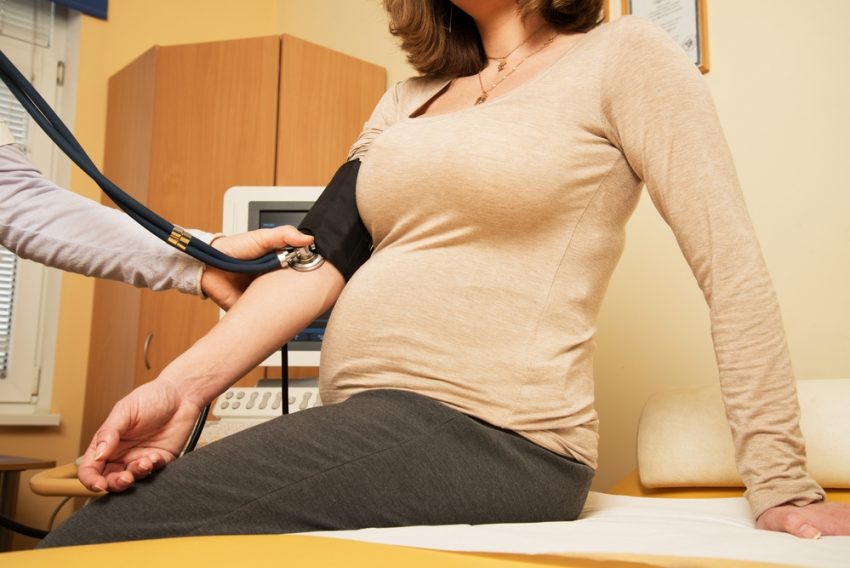As a midwife and Managing Director of My Midwives, Liz Wilkes has seen thousands of women walking into her practice asking this question. For some, the journey will be straightforward and easy and they will be at their destination before they know it, but for others the path can feel like an overwhelming mountain. The first thing that Liz recommends, is a thorough assessment of all aspects of health BEFORE considering ceasing contraception.
“It is too late once the horse has bolted! Thinking about what your health is like before there is a passenger on board is best. There are lots of things to think about but health is one of the main considerations to make the journey easier.”
An appointment with your GP, nurse practitioner, midwife, naturopath or other health professional is a great way to start.
Liz gives her list of the aspects of health which she focuses on in the pre-planning phase:
• Making sure chronic health conditions are noted and under control. Having things like asthma, thyroid conditions, or bowel issues well in check is important.
• Consider a blood test and check of the various levels such a iron levels, nutrient levels and immunity to various diseases. A checklist of these will be included below.
• Checking your weight and considering whether you are comfortable at your current weight before you start considering conceiving. This is true for both partners.
• Review your diet, exercise and sleep patterns and have a conversation with your health practitioner about these. If you have any habits, such as alcohol, smoking or vaping or drug use consider and discuss the impact these will have on pregnancy. This is also important for both partners.
• Look at the baseline of various aspects of health that are relevant in pregnancy – including blood pressure. If you have been pregnant or had a baby before, consider any issues that arose during previous pregnancies.
• Consider your family history about health disorders and also how members of your family have experienced pregnancy and birth – get some information about these before you discuss with your health practitioner
• Finally review your mental health – whilst this is last on the list it is one of the most important health aspects to consider. Overall mental health with a particular focus on anxiety and the management of stress are critical to how the transition to parenting will go.
The health aspect to pregnancy planning is not something that can be rushed and may involve one or more visits to the doctor or other health practitioner. “Elements of your physical health, such as your pelvic floor and assessment of this, will be relevant during the pregnancy and also need to be acknowledged from the start but will potentially not be treated until later. Whereas taking folic acid is important pre-conception so disorders that impact the uptake of folic acid could be identified early to enable the correct source and dose. Only a health practitioner with a solid knowledge of pregnancy and also of many areas of wellbeing will provide a comprehensive assessment.”
Ceasing use of contraception and actively ‘trying’ for a baby is an exciting decision and one that has lifelong implications. Therefore, a bit of a handbrake to consider health will invariably be beneficial to the lives of parents and bub.
Blood tests:
Whilst this is not an exhaustive list and there need to be individual considerations that are specific and require individual consultation, this list is designed as a trigger for conversations with a health professional.
• Immunity to rubella, Hep B, Hep C and whether you are HIV positive. Whether you have syphilis (checked on everyone).
• Full blood count (particularly checking your Haemoglobin (see below))
• Blood Group, rhesus factor and whether you have any antibodies.
• Haemoglobin (Hb) and iron stores (including Ferritin levels)
• Potentially levels of B group vitamins (depending on the above) Potentially Vitamin D
• Possibly Thyroid function (TSH, T3, T4 and if necessary, Thyroid antibodies)
• You may also want to check whether you have had varicella (chicken pox) or are immune to it.
There are additional tests that some families choose prior to pregnancy to consider whether they are carriers of a range of genetic disorders. When considering extensive testing the evidence around this should be discussed with a genetic counsellor.
Naturopaths and integrative medicine GP’s may also test both partners for some trace micronutrients and levels of various vitamins particularly where one or both partners have any chronic health issues. These may include trace elements such as magnesium.
In situations where women have had miscarriage or have genetic conditions (including carriers of the MTHFR gene) there may be additional considerations.









